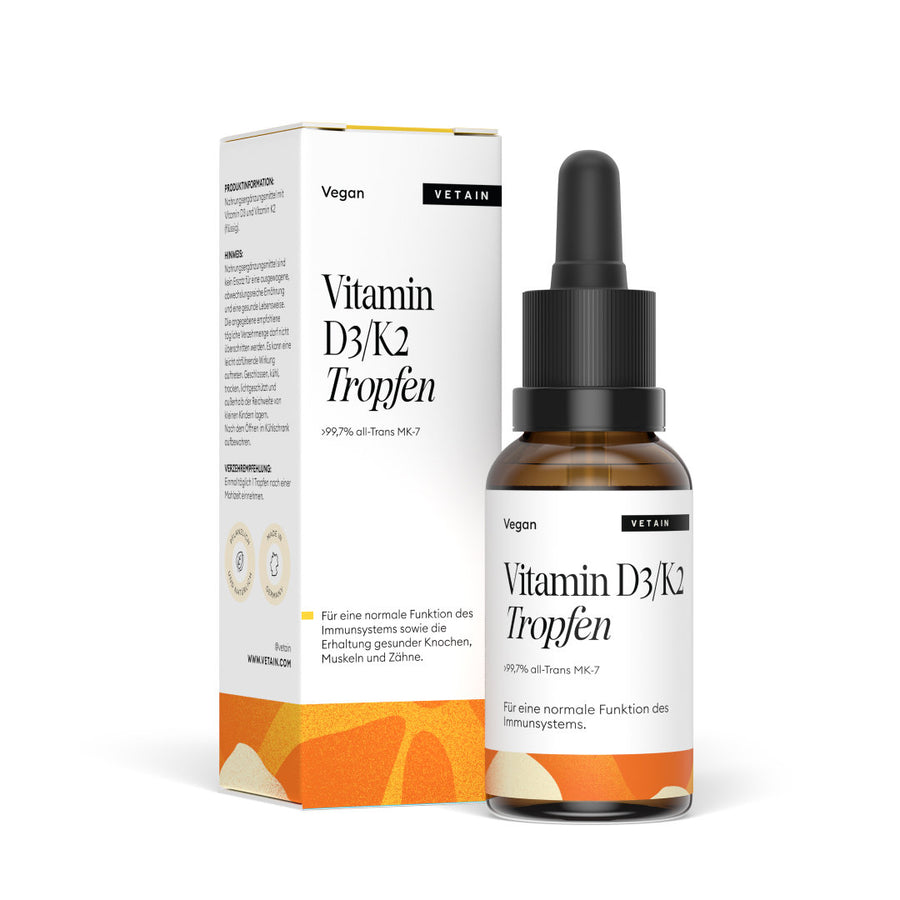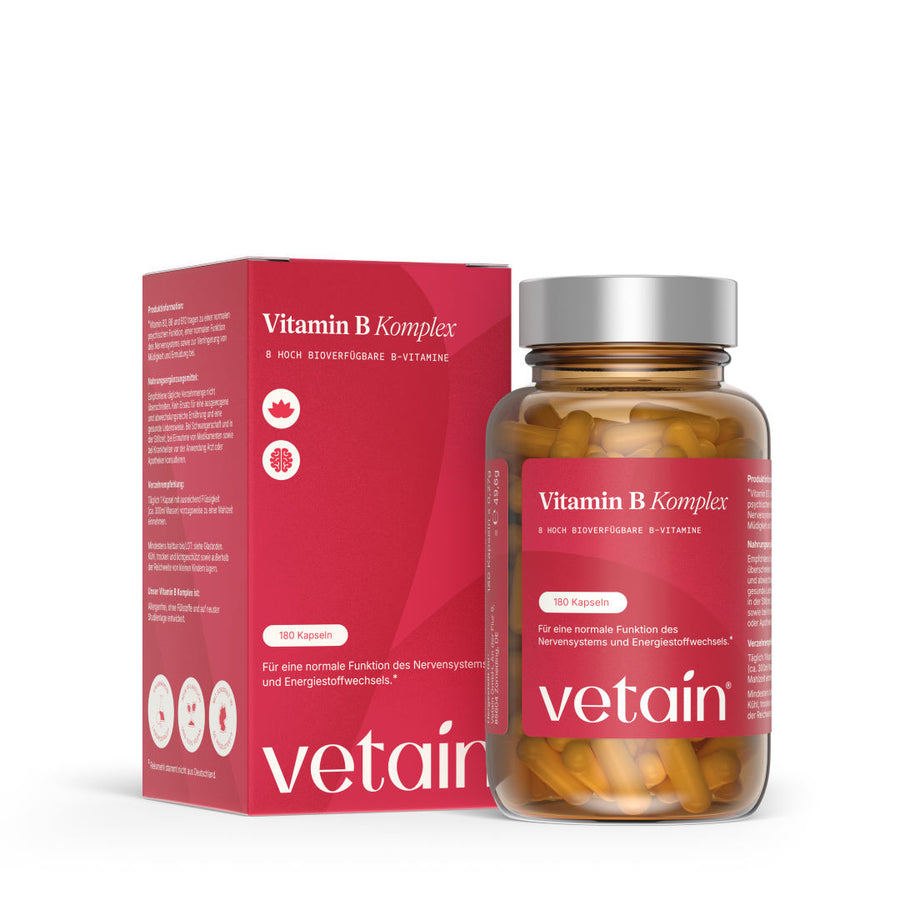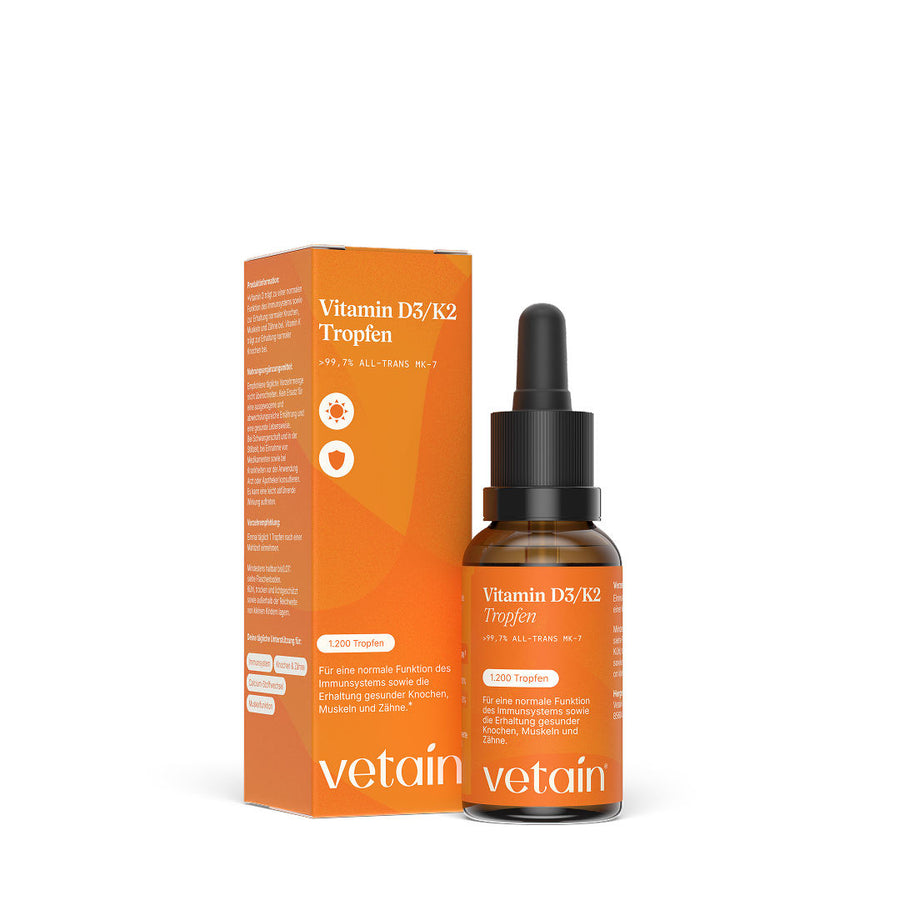This is a special and beautiful time. At the same time, there are suddenly a thousand things to think about.
One of them: dietary supplements. Your body now has to supply two living beings: in certain cases, your nutrient needs cannot be met through diet alone, and supplements become useful. Which dietary supplements are really important during pregnancy? And which supplements are best suited for you personally during pregnancy? We’ll explain what you truly need and how to find the right products for you!
Your knowledge to go: Which supplements during pregnancy?
During pregnancy, the need for certain vitamins and minerals increases, which can also be provided through dietary supplements.
Folic acid and iodine are generally recommended for all women; other supplements are more individual.
Vegetarians and vegans in particular should make sure they are getting enough of all nutrients.
Nutrient needs during pregnancy
Nutrient needs change over the course of pregnancy. The increased need for most nutrients can be covered with a healthy, balanced diet. For other nutrients, intake from diet alone is not sufficient.
So let’s dive right in: Which supplements should be taken during pregnancy?
Overview: Which supplements during pregnancy
Let’s look together at which supplements are useful and recommended in pregnancy, and for whom.
One very important note: All information refers to healthy women without special nutrient needs or pregnancy complications. This does not replace medical advice.
Which supplements are generally recommended in pregnancy?
Folic acid / folate
Importance: Among other things, folate is important for blood formation and the growth of maternal tissue during pregnancy.
Supplementation: Recommended for all women.
Intake: Folate in the form of folic acid should be taken at least 4 weeks before conception and continued throughout the first trimester. A daily dose of 400 μg is recommended.
If you missed the ideal start time, don’t panic: starting later is typically compensated by temporarily doubling the dose. Always clarify this with your physician!
Instead of folic acid, appropriately dosed other folates can also be used.Diet: Folate-rich foods such as leafy greens, whole grains, and legumes like lentils should appear on your plate often!
Iodine
Importance: Iodine contributes to normal cognitive function, normal production of thyroid hormones, and normal thyroid function.
Supplementation: Recommended for all women.
Note: If you have thyroid disease, be sure to clarify iodine intake with your physician!Intake: A daily supplementation of 100–150 μg iodine throughout pregnancy.
Diet: Additionally, consume iodine-rich foods such as iodized salt, dairy products, or fish.
Note: Seaweed is sometimes recommended as an iodine source. In pregnancy, this is different—the iodine content can sometimes be extremely high (too high!), or seaweed may be contaminated.
Which supplements are recommended in pregnancy for vegetarians and vegans?
Omega-3 fatty acids
Importance: Omega-3 fatty acids—especially EPA and DHA—contribute to normal heart function, maintenance of normal brain function, and maintenance of normal vision (beneficial effect from 250 mg EPA/DHA per day).
Supplementation: Recommended for all women who do not eat fish at least 1–2 times per week.
Intake: Daily supplementation of 200 mg DHA (an omega-3 fatty acid) in capsules or oil.
Diet: If not supplementing, it’s recommended to eat fatty sea fish 1–2 times per week (e.g., salmon, herring, or mackerel).
Vitamin B12
Importance: Vitamin B12 contributes to the normal function of the nervous system.
Supplementation: All women who do not reach the recommended intake* (common in vegetarian and vegan diets) can supplement vitamin B12.
Intake: Individual, per medical advice or consultation with nutrition professionals.
Diet: Meat, fish, and dairy products are key vitamin B12 sources. Plant foods contain little to no vitamin B12.
%-product_content-%
Zinc
Importance: Zinc is involved in many processes and contributes to cell division and normal immune function, among others.
Supplementation: All women who do not reach the recommended intake* (often in vegetarian and vegan diets) can supplement zinc.
Intake: Individual, per medical advice or consultation with nutrition professionals.
Diet: Fish, cheese, whole grains, and meat are rich in zinc. Nuts and legumes are nutrient powerhouses too—see e.g. almond butter.
Calcium
Importance: Calcium is needed for the maintenance of normal bones.
Supplementation: All women who do not reach the recommended intake* (often in vegetarian and vegan diets) can supplement calcium.
Intake: Individual, per medical advice or consultation with nutrition professionals—especially important in the 2nd and 3rd trimester!
Diet: Calcium is found in dairy products, green vegetables, nuts, and fish. Feel free to load up on these foods!
And which other supplements can be important during pregnancy?
Iron
Importance: Studies show that pregnant women have an increased risk of insufficient iron intake.
Supplementation: Recommended only with medically diagnosed insufficient supply or confirmed deficiency (important!).
Intake: Individual, per medical advice or consultation with nutrition professionals.
Diet: Meat, fish, legumes, and nuts (and many other foods) are rich in iron! Vegetarian iron sources should be combined with vitamin-C-rich foods like bell peppers to enhance absorption.
Vitamin D
Importance: Vitamin D (also known as the bone vitamin) contributes to the maintenance of normal bones.
Supplementation: Especially recommended in winter months or if you’re rarely in the sun in summer.
Intake: A vitamin D supplement of 20 micrograms (= 800 IU) per day is sensible.
Diet: Vitamin D is not typically obtained from diet; instead, your body produces it when you get enough sunlight.
%-product_content-%
Those were the most important vitamins and minerals!
Important: For some women, individually, magnesium, vitamin C, or other nutrients may also be useful—professional counseling is always best!
Vegetarian and vegan diets
Are you vegetarian or vegan? Then—as you’ve likely read—there are specific guidelines regarding which supplements can be useful during pregnancy.
I also strongly recommend a consultation with nutrition professionals. This helps ensure that you and your baby get all essential nutrients in sufficient amounts.
Another tip: It can be helpful to test for nutrient deficiencies before pregnancy or at the very beginning, so any potential insufficiencies can be addressed as early as possible.
Want to learn more? Then hop over to our article “Which supplements in a vegetarian diet?”
Now we know which supplements are generally important in pregnancy. But the huge selection on the shelves is still overwhelming. How do you find good products?
Find your perfect supplement
We all know it: long aisles full of boxes and lots of different recommendations from all sides. It can be super hard to find suitable products in the jungle of choices.
No worries. We’ll help you find your perfect products: Which supplements are suitable during pregnancy? What are the best prenatal vitamins?
Which nutrients do you need?
Find out which vitamins and minerals are important for you.
Heads-up: Taking “a bit of everything” isn’t necessarily good and can actually backfire.Combo product or single nutrients?
There are trimester-specific combo products for pregnancy. They are not strictly necessary; you can also take nutrients individually. The benefit: you can tailor them to your needs.Review the market and compare products.
No stress—you can do this calmly from your sofa, online.
Tips on finding good supplements and trustworthy brands are in our article “What are dietary supplements?”
%-split_content-%
Conclusion
Now we’ve covered everything you need to know about “Which supplements during pregnancy.” One last tip: Ask your health insurance whether they cover part (or all) of the costs for supplements during pregnancy.
By the way: Minerals and vitamins remain important after pregnancy!
Which supplements are most important for you during pregnancy? Tell us!
Literature
DGE (2020). Einnahme von Nahrungsergänzungsmitteln in Schwangerschaft. https://www.dge.de/
presse/meldungen/2020/
einnahme-von-nahrungsergaenzungsmitteln
-in-schwangerschaft/DGE (2018) Handlungsempfehlungen - Ernährung in der Schwangerschaft. https://www.dge.de/gesunde-ernaehrung/
gezielte-ernaehrung/ernaehrung-in-
schwangerschaft-und-stillzeit/
handlungsempfehlungen-ernaehrung
-in-der-schwangerschaft/Netzwerk Gesund ins Leben (2024). Folsäure: wichtig vor und während der Schwangerschaft. Volle Speicher für eine gesunde embryonale Entwicklung. https://www.gesund-ins-leben.de/
netzwerk-gesund-ins-leben/aktuelle
-meldungen/meldungen-2024/
folsaeure-wichtig-vor-und-waehrend
-der-schwangerschaft/Netzwerk Gesund ins Leben (2018). Weitere Supplemente. Handlungsempfehlungen. https://www.gesund-ins-leben.de
/fuer-fachkreise/familien-vor-und-
in-der-schwangerschaft/
handlungsempfehlungen/supplemente/
weitere-supplemente/
*There are apps that analyze your diet and can give you an indication of your nutrient supply.
Do you have questions? Then feel free to send me an email – I look forward to hearing from you! :)
The information shared in this article does not replace individual medical or nutritional advice.





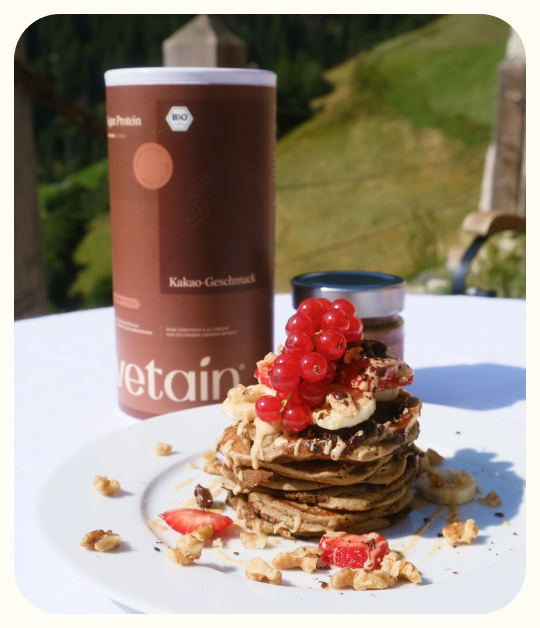


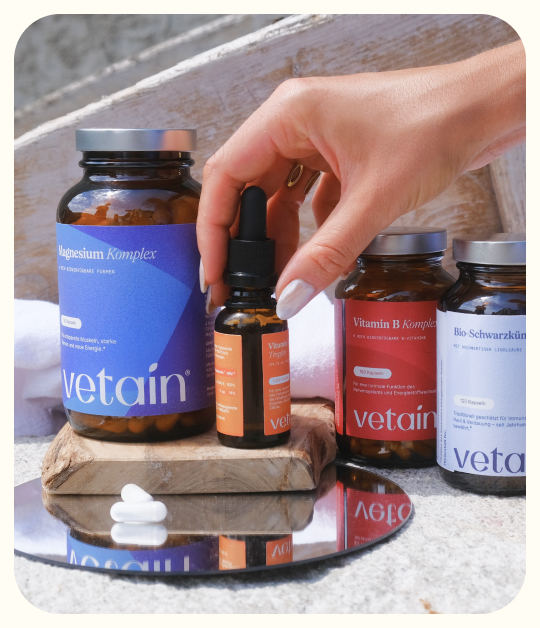






 8 Min
8 Min
 Zuletzt aktualisiert am 30.10.2025
Zuletzt aktualisiert am 30.10.2025

